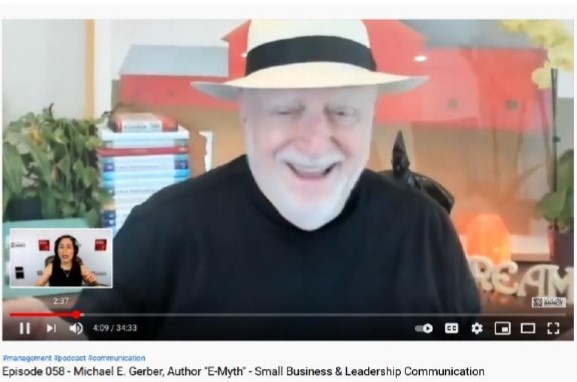Modern technology has changed the way we communicate both positively and negatively. For better or worse, it has provided us with the platforms to reach out to others more easily and vice versa. Everybody seems to be within your reach.
The challenge is virtual communication also increases the opportunity for MIScommunication. But when that happens, unbeknownst to you (let's face it – you never THINK you're misunderstanding someone) and that negative emotion kicks in, what happens next is even MORE important:
Do you react or respond?
Most people tend to use these words synonymously, but they are different on many levels.
A reaction is an instant reflex, mostly driven by your instinct based on your unconscious beliefs and biases.
A response is more thoughtful, and considers things like intent and the awareness of the possibility of misunderstanding.
Especially when running intercultural communication workshops or coaching clients working with global and/or multicultural audiences, I often encourage people to use what I call the “split-brain” approach to navigating this kind of conflict.
The simple fact is that when you hear something that surprises, angers, and/or displeases you, your natural reaction is going to be negative.
But trying to deny or dismiss your feelings is a lesson in futility and resentment. After all, who wants to be told (even from yourself) that your feelings are invalid?
The real trick is balancing how to acknowledge and validate your initial feelings, without letting those feelings impulsively dictate what happens next, i.e., without giving in to the temptation to simply react.
That's why I encourage people to recognize this reflex reaction and metaphorically compartmentalize it to one “side” of the brain, e.g., “He said X, and I don't like it because it makes me think/feel Y, and that's understandable.”
HOWEVER — the next step is to take a step back and ask yourself some mission-critical questions, e.g. “Why did he say that? Is that really what he meant to imply? Is it possible that she misspoke or that I misinterpreted her words? What's another possible explanation?”
Once you've thought though this a bit — and it may only take 5-10 seconds — then and ONLY then should you choose how to respond, from the “other side of the brain,” ideally in a way that seeks clarification.
Using this “split-brain” approach is a great way to avoid potential disaster resulting from miscommunication, whether in person, over Zoom, or even via email.
But there’s a third option, regardless of whether you react or respond initially: do you REFLECT?
Increasing the practice of reflection, looking back on how you handled a difficult situation, and what you did that was effective or ineffective, is one of the best practices to implement and make daily habit. Reflection leads to accountability for our own actions, whether reactions or responses, and that kind of awareness is one of the best ways to reduce conflicts in the future.
Reflection is also a critical skill in business development, especially for entrepreneurs and business owners, and this is exactly the topic of this week's Speaking to Influence podcast episode, with my guest, the legendary business development expert and author of the “E-Myth” book series, Michael E. Gerber.
Michael and I discussed how reflection as a skill is a crucial part of his Eightfold Path, to help you transition from a company of one to a company of a thousand.
We also explored the common mistakes most small business owners make when it comes to communicating their offers to the world., and how all of these challenges come into play when trying to make that shift from communicating about your business like a practitioner or business operator to communicating like a leader.
You can listen to the podcast here or watch it on YouTube here.

Finally, if you missed last week's webinar and still find it challenging to capture your audience’s attention in the virtual world, or you just want to improve your communication skills from “good enough” to GREAT, join my FREE Masterclass, CAPTIVATE-4 Simple Steps to Develop On-Camera Charisma and Get the Results You Want at 2pm ET TODAY!
In this masterclass, I will share my secrets to projecting greater confidence, authority and warmth. You will learn how to catch your audience’s attention, captivate them, keep their focus on you and get the results you want.
Save your free seat now — and tell a friend! Hope to see you there.



